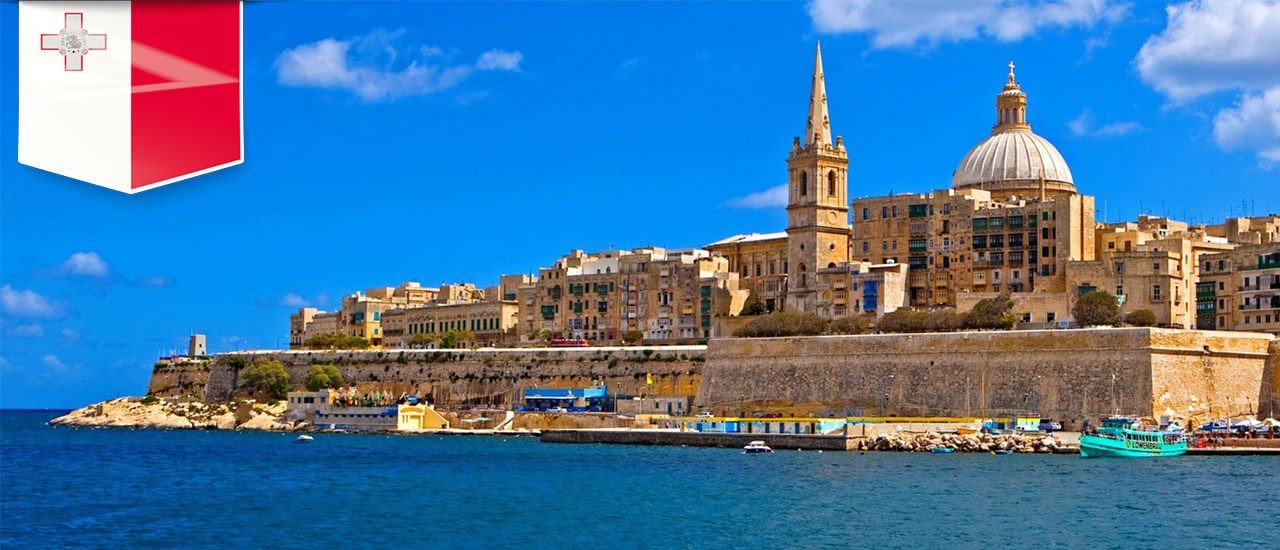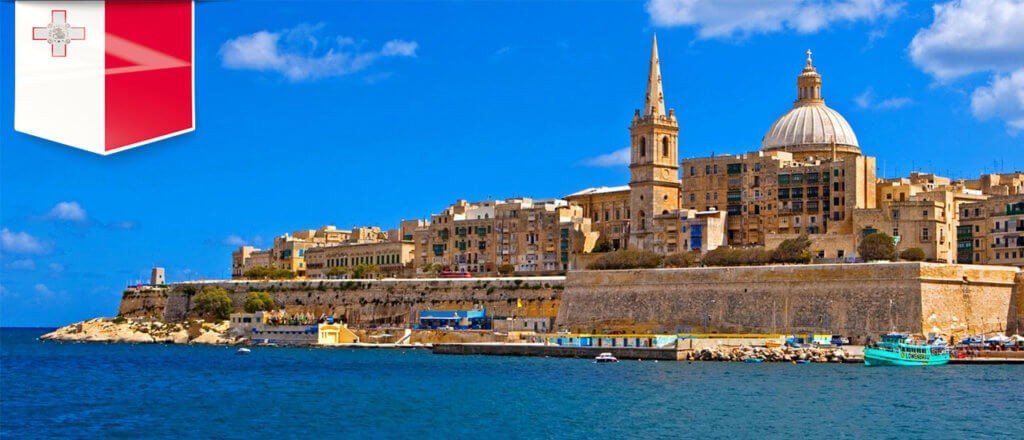During a recent episode of the Knowledge Series we unpacked Malta’s residency program for pensioners. Today, we look at how you can enjoy Mediterranean island living — along with attractive tax benefits — as a non-retiree.
Let’s get into the details below…
Malta: Far more than just a retirement destination
Renowned for its stunning architecture, sunny climate and pristine beaches, Malta is highly sought after as an international travel destination. It is also increasingly a go-to location for expat retirees seeking to spend their golden years in a relaxed, safe island setting.
But Malta isn’t only about cocktails and sunsets; it is also a thriving hub for international gaming companies, blockchain startups and a host of tech focused enterprises.
Furthermore, the country looks to become an attractive option for digital nomads and remote workers in 2022; it recently launched a Nomad Residence Permit targeting those who can work remotely. (The Nomad Residence Permit won’t lead to permanent residency or citizenship in Malta, however. We plan to cover this program in a future episode of the Knowledge Series, so stay tuned…)
During last week’s edition of the Knowledge Series, we covered the Malta Retirement Program in detail.
The country also offers a Citizenship By Investment program, but considering that just the donation required is a minimum of €600,000 (~$690,000), it is generally considered a solution for the rarified few only).
So if you’re not retired…and you don’t have €600,000+ (~$690,000+) to part with… and you’re not a digital nomad looking to spend only 12 months there or less, then the following Maltese residency program might be just the solution you’ve been looking for…
Introducing the Malta Global Residence Program (MGRP)
Under Malta’s Global Residence Program (GRP), the following requirements apply:
- You must spend at least 90 days in Malta, and you must never spend more than 183 days in any other country in order to qualify for the preferential tax deal, and keep your residency renewable.
- Your income does not have to be derived from pension or retirement annuities.
- No tax is payable on capital gains realized outside of Malta.
- You need to pay a 35% tax on any income derived from within Malta.
- The one-time government fee is €6,000 (instead of €2,500 for pensioners).
- You are NOT required to remit your entire income to Malta. So you can bring only the needed amount, and keep the rest outside of Malta tax-free.
- Income that is remitted to Malta is taxed at a flat rate of 15%, however the minimum amount of tax you must pay per year is €15,000 (~$17,800).
(This means that you can bring as much as €100,000 (~$120,000) to Malta, and it will already be covered by the minimum tax. Of course, you can bring less than €100,000 to Malta, but you will still need to pay at least €15,000 in tax on it.)
And that’s literally it; the Maltese tax authorities require nothing more.
This can be a terrific deal depending on your income level, and how much money you plan to spend in Malta.
Can Malta’s Global Residence Program lead to naturalization?
As with the Malta Retirement Program, you can become eligible to apply for naturalization once you’ve held residency in the country for five years or more.
However, according to our contacts on the ground, you will need to spend at least 15 years as a Maltese resident to be taken “seriously”.
Alternatively, you can also stop at the permanent residency stage after five years.
However, to claim permanent residency, you would need to spend at least six months on the ground during each year of your residency.
The bottom line
If you’re sold on Malta, but you’re not retired yet… Or if your non-pension income constitutes too big a percentage of your total earnings to qualify for their retirement residency program…
Then the Malta Global Residency Program offers a simple, fairly affordable path to making your Mediterranean island living ambitions a reality.
Yours in Freedom,
Team Sovereign Man
PS: Enjoying the weekly Knowledge Series? Why not give us a star-rating below?









